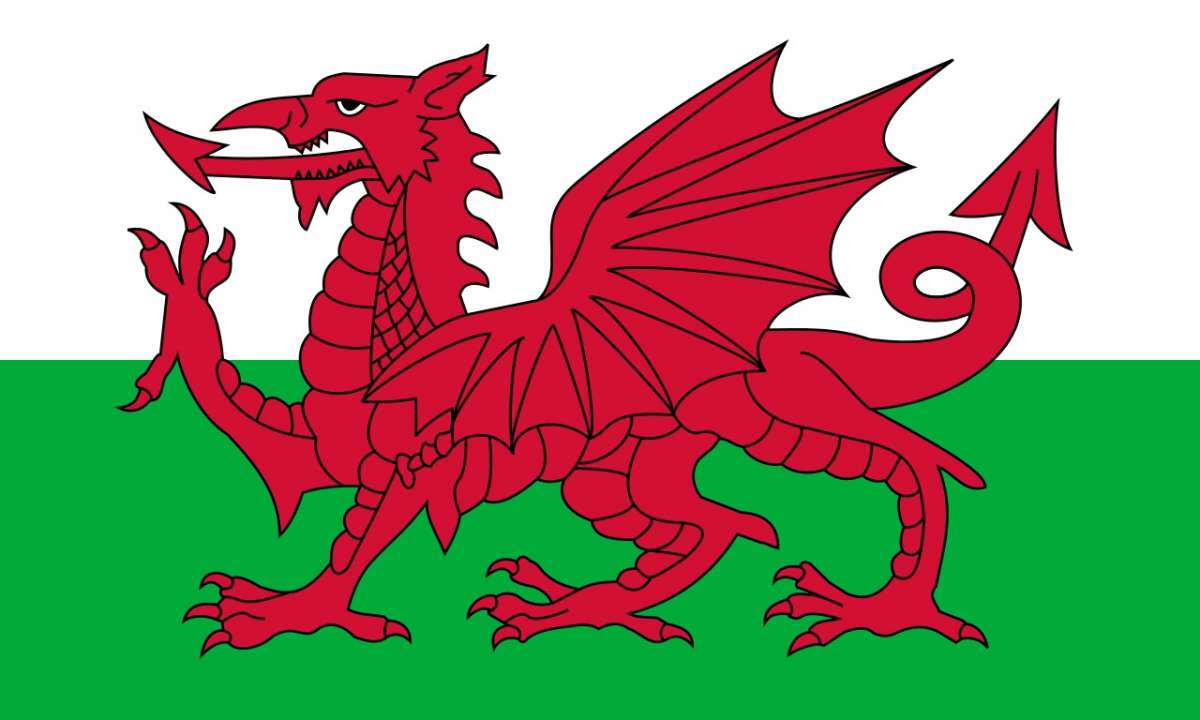Wales is a musical nation. Only last week we saw Welsh schoolgirl choir Angelicus Celtis win the hearts of the nation on Britain’s Got Talent. It was not only their voices that captured our attention, but their performance, their passion and their story. Fundamentally that’s what Welsh music is all about: telling a moving story.
Traditionally, music in Wales was associated with chapel-goers, those who participated in cultural events such as the Eisteddfod, and large, predominately male choirs, that had power and depth in their singing. The folk related music of Wales can, of course, be associated with the Celtic past of other countries such as Scotland and Ireland too. However, Wales has distinctive instrumentation and song types, and is often heard at a twmpath (folk dance session), gwyl werin (folk festival) or noson lawen (a traditional party similar to the Gaelic “Céilidh”).
Of course, Wales has its own distinctive choirs too. We have seen the national and international success of these choirs over the last few decades, and the advent of talent shows such as Britain’s Got Talent is one way to ensure that this aspect of Welsh music is still heard today. Male voice choirs in particular are synonymous in Wales, such as the Morriston Orpheus Choir and Treorchy Male Voice Choir. Choirs often have a role in sporting events ever since the national anthem, ‘Hen Wlad Fy Nhadau’, was sung for the first time at a rugby game in 1905.
But, perhaps we shouldn’t get too caught up in this historic aspect of Welsh music. Of course, its allowed singers to express our past, our language, and our culture. Yet, Welsh music has also had an influential role in the modern era.
Tom Jones, Shirley Bassey and Shakin’ Stevens are just a few names which come to mind when thinking of modern Welsh pop sensations. We’re not all about the choirs and folk music, as these pop and rock bands have been huge sensations across the world.
Intriguingly, Wales is perhaps one of the only countries that can have a mixture of traditional, folk, pop, rock and choirs succeeding in the modern era. Perhaps the reason that Welsh music continues today is the fact that there is so much support and investment in Welsh music: BBC Wales, BBC Cymru, S4C, and The Pop Factory have all been ways for audiences to see the up-and-coming artists of the day.
Organisations that support the Welsh language, such as Mentrau Iaith Cymru, The National Eisteddfod and BBC Radio Cymru have had their national ‘Battle of the Bands,’ where Welsh bands can compete for £1000, and were given the opportunity to perform at one of the most prolific Welsh music festivals: Maes B.
Of course, there are issues with funding too. Dafydd Iwan, a Welsh rock singer, once said that there were “no stars in Wales” due to the lack of financial reward and the poor music venues. That has arguably changed since Iwan’s prime in the 1970s and 80s. The Millennium Centre and Principality Stadium are some of the most beautiful venues in the world, and there has been more funding for Welsh music production in recent years.
More could be done—such as developing new shows on television and radio to encourage Welsh music, and breaking down the stereotype that Wales is simply full of choirs that only perform when there is a rugby game being played.
Clearly, Welsh music has an important role in the culture-history of our nation. It binds us together in chapel, unites us as one in sporting events, and allows us to enjoy pop, rock and modern music genres with friends. Not many countries can boast that about their music.



